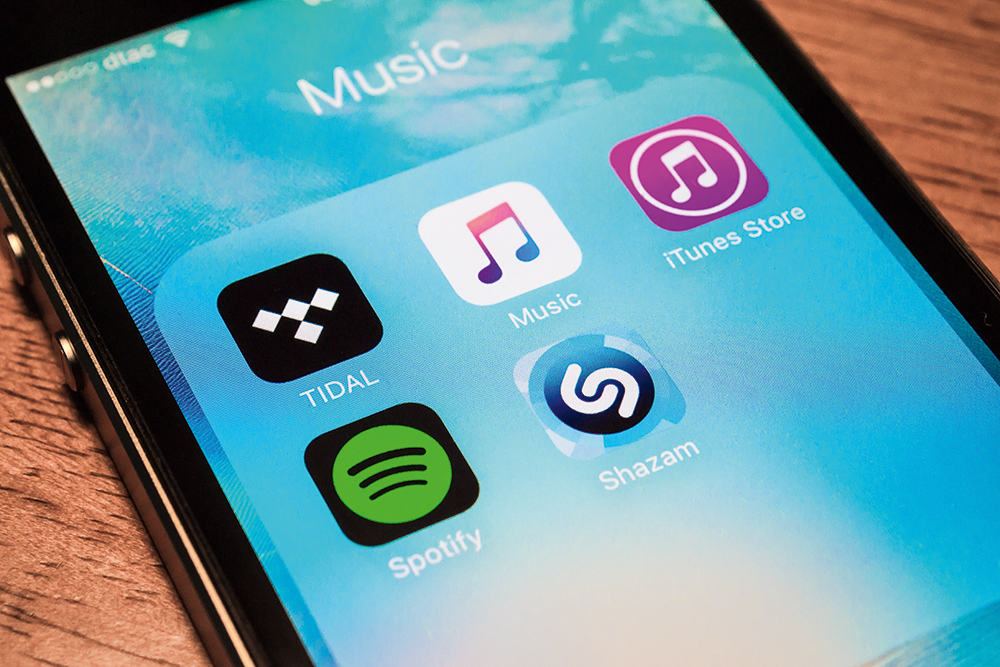Are you in the process of recording your first CD, your first track, or maybe even an album? Or maybe you’re planning to? If so, good… because in this era of YouTube, iTunes, and the rest, artists simply can’t afford not to have their recordings and videos be present on the major platforms!

How does music get to market?
Digital Distribution
 In order to make music available on platforms like iTunes, Spotify, YouTube, etc., you can either go to an established label—if that interests you and begin distributing your music, or you can do it yourself via a digital distributor. It’s really easy to make music available worldwide via the most popular portals; one way of doing so is by using the software rebeat.com. A label, on the other hand, is something you need more when it comes to actually advertising your tracks.
In order to make music available on platforms like iTunes, Spotify, YouTube, etc., you can either go to an established label—if that interests you and begin distributing your music, or you can do it yourself via a digital distributor. It’s really easy to make music available worldwide via the most popular portals; one way of doing so is by using the software rebeat.com. A label, on the other hand, is something you need more when it comes to actually advertising your tracks.
Physical Distribution
Alongside selling physical media at your own concerts, it might also make sense to be present in the brick-and-mortar world. Depending on your genre, it could be enough to personally approach the small number of existing specialist shops and ask them to sell your product on commission. Digitisation has caused this market to shrink markedly in recent years, but it’s definitely
still there—and it’s still important to be available there.
Labels
There are two different models for working together with a label. It usually takes place as part of a contract where the band or ensemble assumes the costs of production and the label takes care of physical production, distribution, and promotion. A bit rarer are recording contracts where the label also bears the production costs. Such contracts are usually complex and difficult to understand, and the exact conditions may be subject to negotiation, so it’s advisable to seek help, here—such as the free legal advice offered by mica.
How much money will I make with my record or recording?
When you produce an album, whether for digital or physical distribution, your main expenses will be for your audio engineer, studio rental, musician-colleagues, graphic designers, booklet authors, translators, AUME [Austrian copyright collecting society] fees, etc. And you’ll typically have to sell several hundred CDs just to cover these costs. Therefore, it’s advisable to view CDs first and foremost as marketing tools and only then as a possible source of extra income.
This series of articles, an initiative of the U30 Network of the Austrian Music Council (ÖMR) in cooperation with mica and the mdw, aims to provide help to young artists as they launch their careers. You can find the entire series at: www.mdw.ac.at/mdwclub/diplom-in-der-tasche
Related links (in German):

